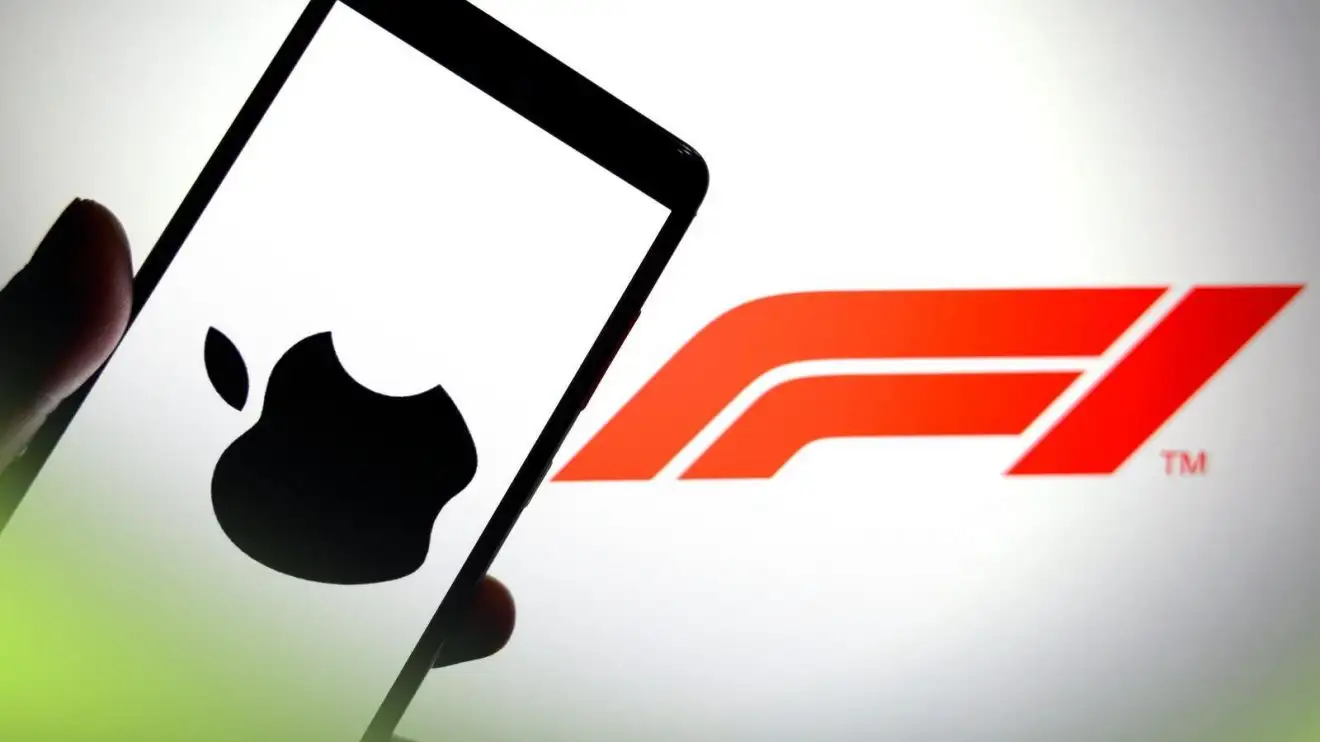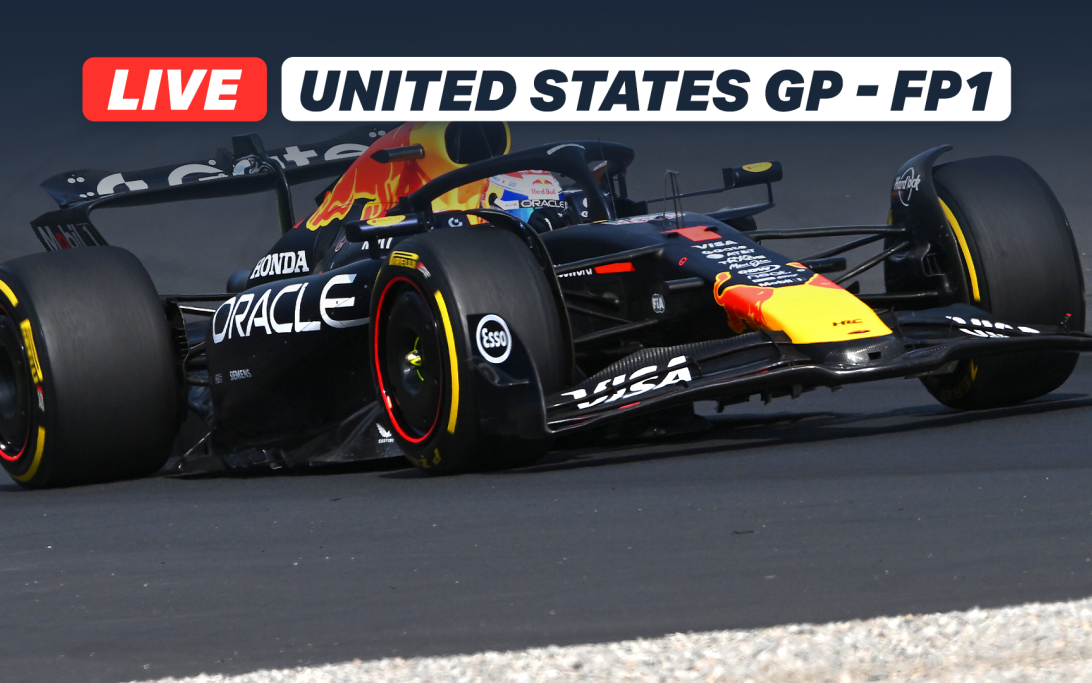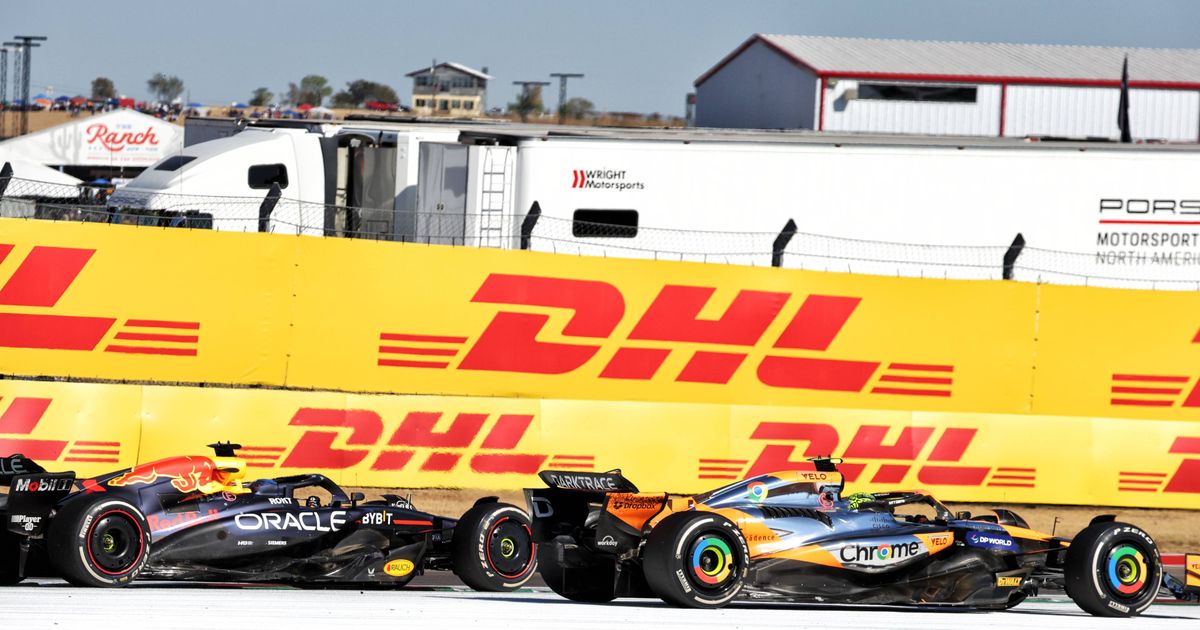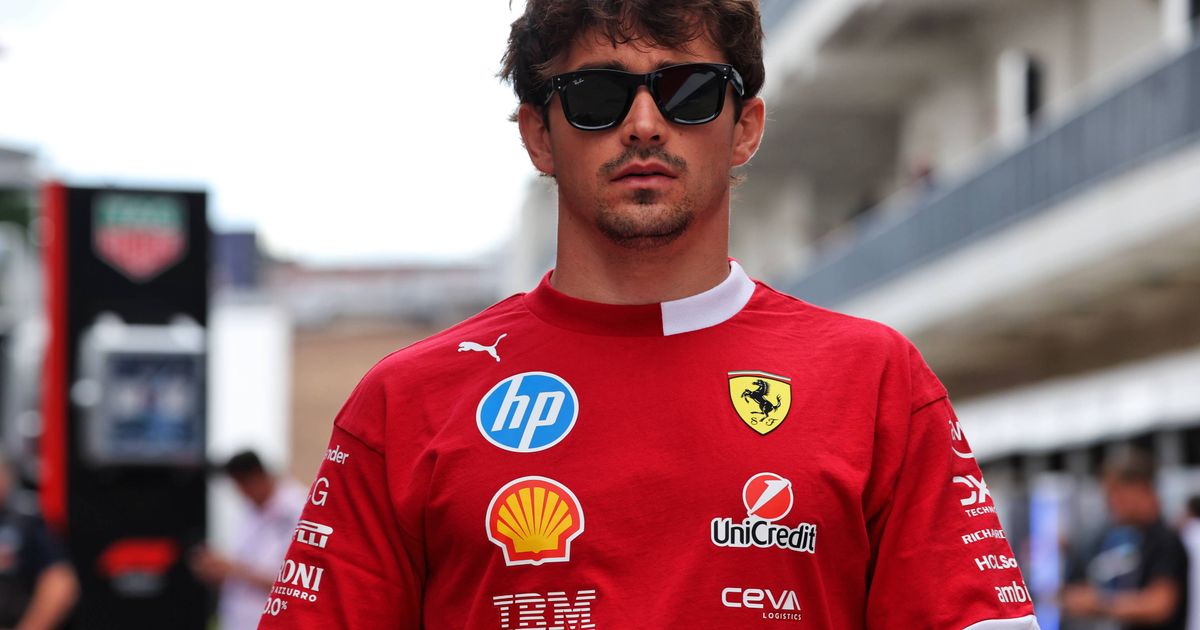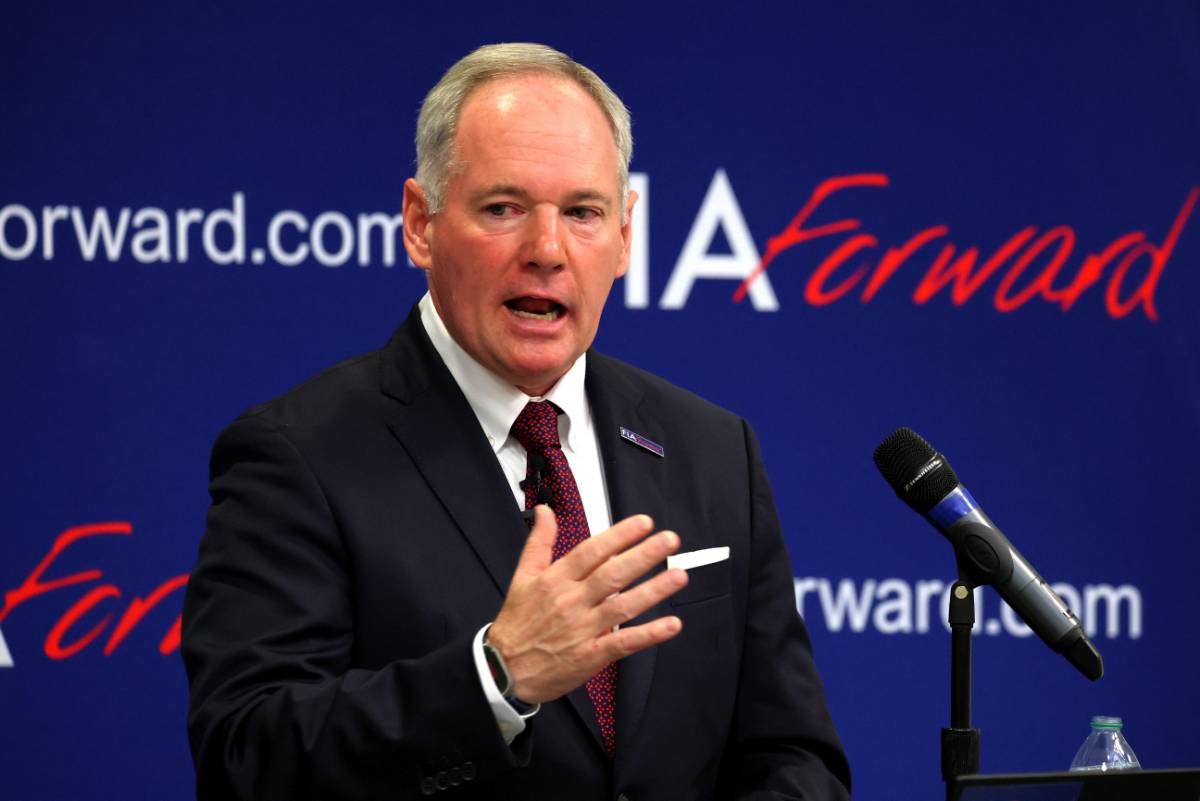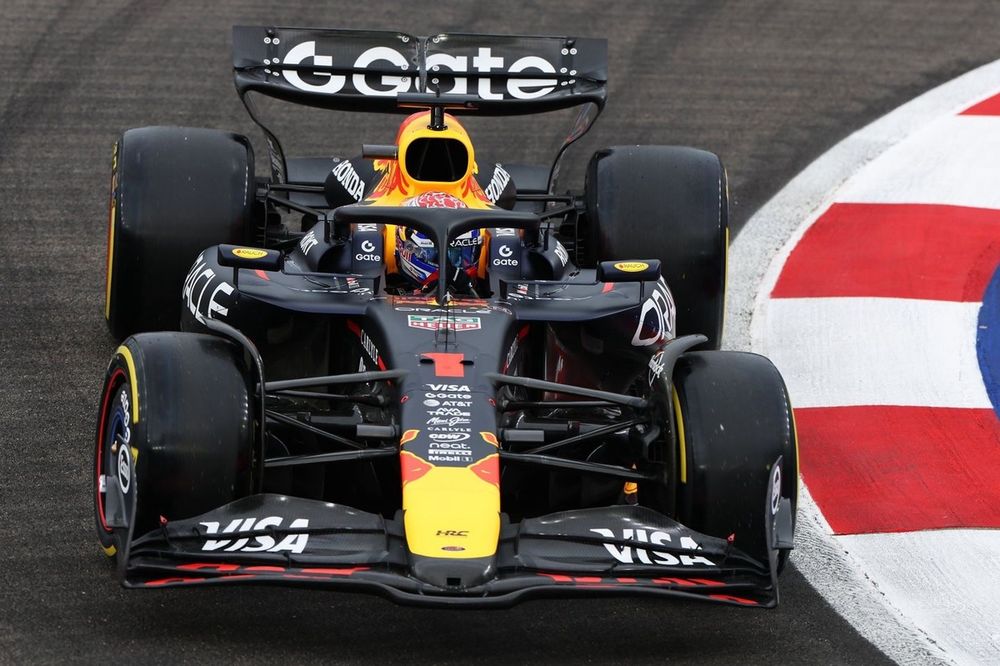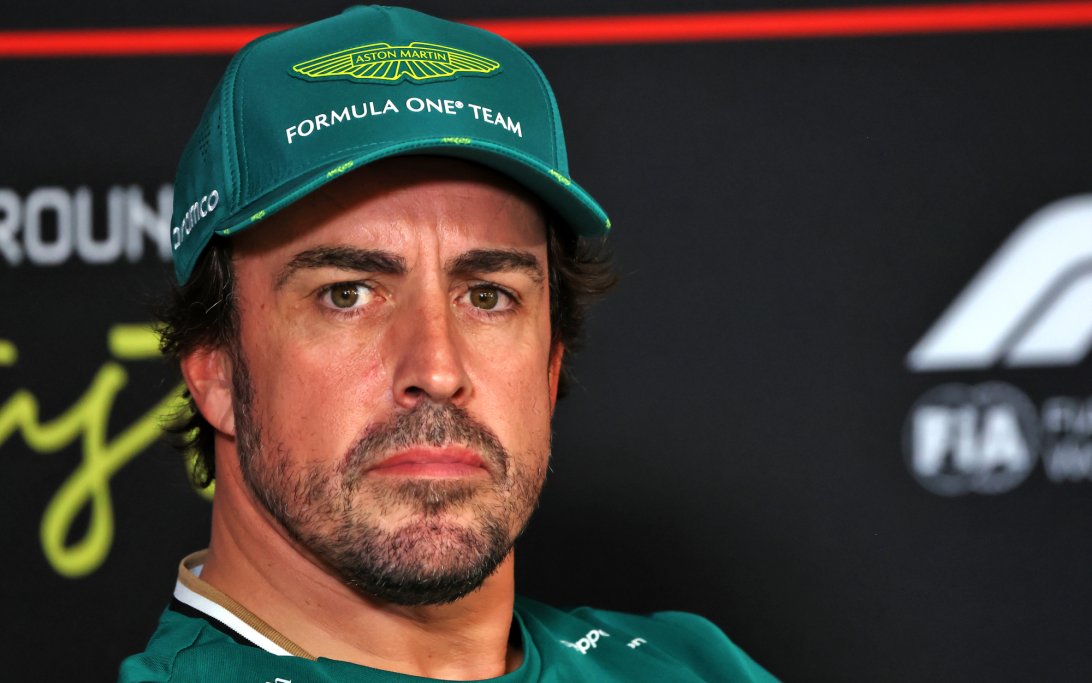
Alonso Criticizes F1 Broadcast for Misleading Team Radio, Calls for Improvements
Fernando Alonso has openly criticized Formula 1's broadcasting, specifically taking issue with how team radio messages are selected and aired. The Aston Martin driver believes these snippets are often taken out of context, leading to widespread misunderstanding among viewers and detracting from the sport's entertainment value.
Why it matters:
Alonso's comments highlight a recurring tension between F1 drivers, who operate in a high-pressure, technical environment, and the desire of broadcasters to create engaging content. This debate touches on driver privacy, the integrity of communication, and the overall narrative presented to millions of fans. For a sport that prides itself on access and raw emotion, striking the right balance is crucial for both authenticity and entertainment.
The Details:
- Singapore Incident: During the Singapore Grand Prix, Alonso's expletive-laden radio message expressing frustration with Lewis Hamilton was broadcast. While Hamilton jokingly responded on social media, Alonso was displeased with the broadcast's quality and its selective use of team radio.
- Out of Context: Alonso argues that most broadcasted team radio messages are "misunderstood 99.9% of the time." He explains that these are private conversations with engineers, often referencing pre-planned strategies and scenarios discussed in morning meetings.
- Lack of Nuance: He stresses that a single broadcasted sentence cannot convey the full context of a strategy or a driver's immediate reaction to a complex situation on track. This lack of nuance, he believes, distorts the true meaning of the communication.
- Entertainment Factor: According to Alonso, if team radio becomes "the protagonist of the race," it signifies that the race itself was lacking in on-track entertainment. He views this as a "very sad" indictment of the grand prix's quality.
Between the lines:
Alonso's critique isn't just about his own privacy; it points to a broader issue of how F1 presents itself. While dramatic radio clips can spike viewer engagement, their frequent use in isolation risks alienating purists and misrepresenting the intricate tactical and emotional landscape of a race. It suggests a potential over-reliance on artificial drama when on-track action is perceived as insufficient.
What's next:
Alonso's call for improvement "as a group in the sport" suggests a desire for a dialogue between drivers, teams, and broadcasters. Finding a way to provide insight into the cockpit without sacrificing accuracy or driver trust will be key. This could involve more comprehensive explanations accompanying radio clips, or a more selective approach to what is aired, prioritizing genuine tactical insights over inflammatory remarks.
Original Article :https://racingnews365.com/f1-broadcast-criticised-in-protagonist-of-the-race-reb...



